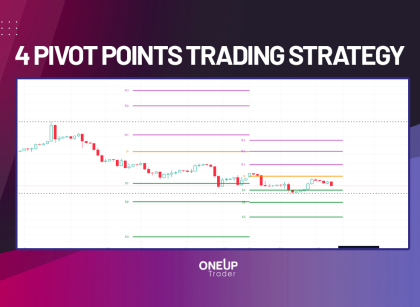As investors looked forward to 2023 with caution and weighed hopes for economic growth, equities closed lower on Wednesday as US Treasury yields rose. China also eased COVID-19 restrictions amid concerns about rising incidences in the country. The benchmark 10-year Treasury yield rose for the third day in a row, reversing a decline earlier as Read More…
Analysis
Asian Equities Follow Wall Street’s Tech Decline
Following Wall Street’s post-holiday slump, Asian equities were mostly lower on Wednesday as investors count down to the end of a tough year. After easing its strict “zero-COVID” policy, the Chinese government boosted stocks in Hong Kong, Tokyo, Shanghai, and Seoul after taking further steps to resume overseas travel. The Chinese government announced a key Read More…
Gold Attempts a Recovery After Collapsing on Positive US Data
Investors are growing more worried that a recession will occur in 2023. Initial claims for unemployment benefits increased by 2,000 in the US. US gross domestic product expanded at an annualized rate of 3.2% last quarter. Gold prices recovered slightly on Friday after a big collapse. Robust economic figures fanned concerns that the Federal Reserve’s Read More…
What 2022 Has Taught Us – Must Read!!!
A quick summary of what 2022 has shown us and what we can take into 2023. A look into the importance of trader psychology. Technical analysis on various markets and a final note from Jay. What 2022 Has Shown Us 2022 has not been a year for the long-term investor. Traders with solid strategies and Read More…
NASDAQ Futures (NQ) Continue To Sink
The downward trend channel is still holding strong as the price begins moving back into it. Fibonacci, Morningstar, RSI, and FREMA analyses all point toward bearish momentum. Potential targets bears could be targeting. Down Channel The downtrend channel is still a massive factor on the NQ chart. Even though we have seen the price break Read More…
Oil Prices Surge on Tight Supply Ahead of the Holidays
US oil stockpiles dropped by 5.89 million barrels for the week ending on December 16. The demand for heating oil in the US is expected to skyrocket. There are concerns about demand brought on by China’s COVID-19 increase. On Thursday, Oil prices increased for the fourth day in a row as US crude, heating oil, Read More…



